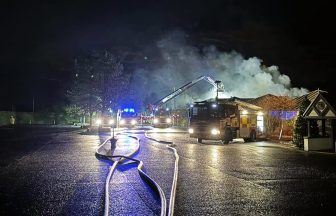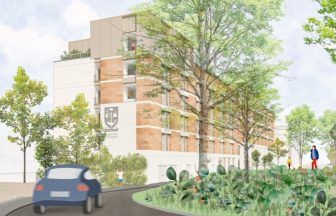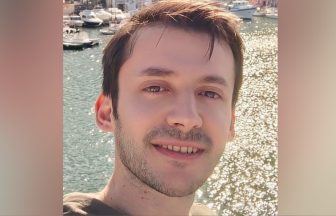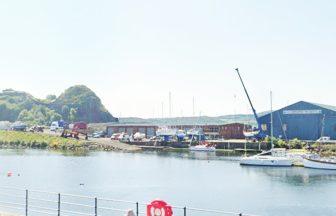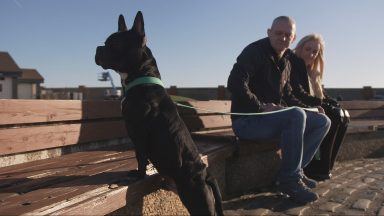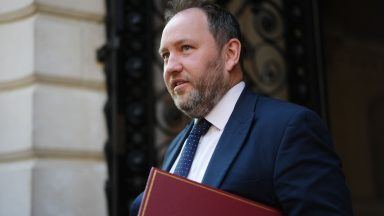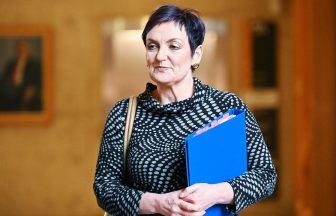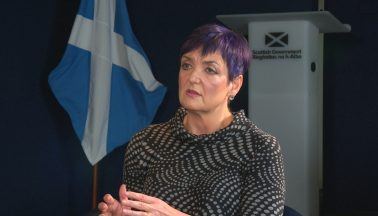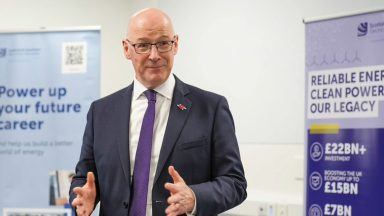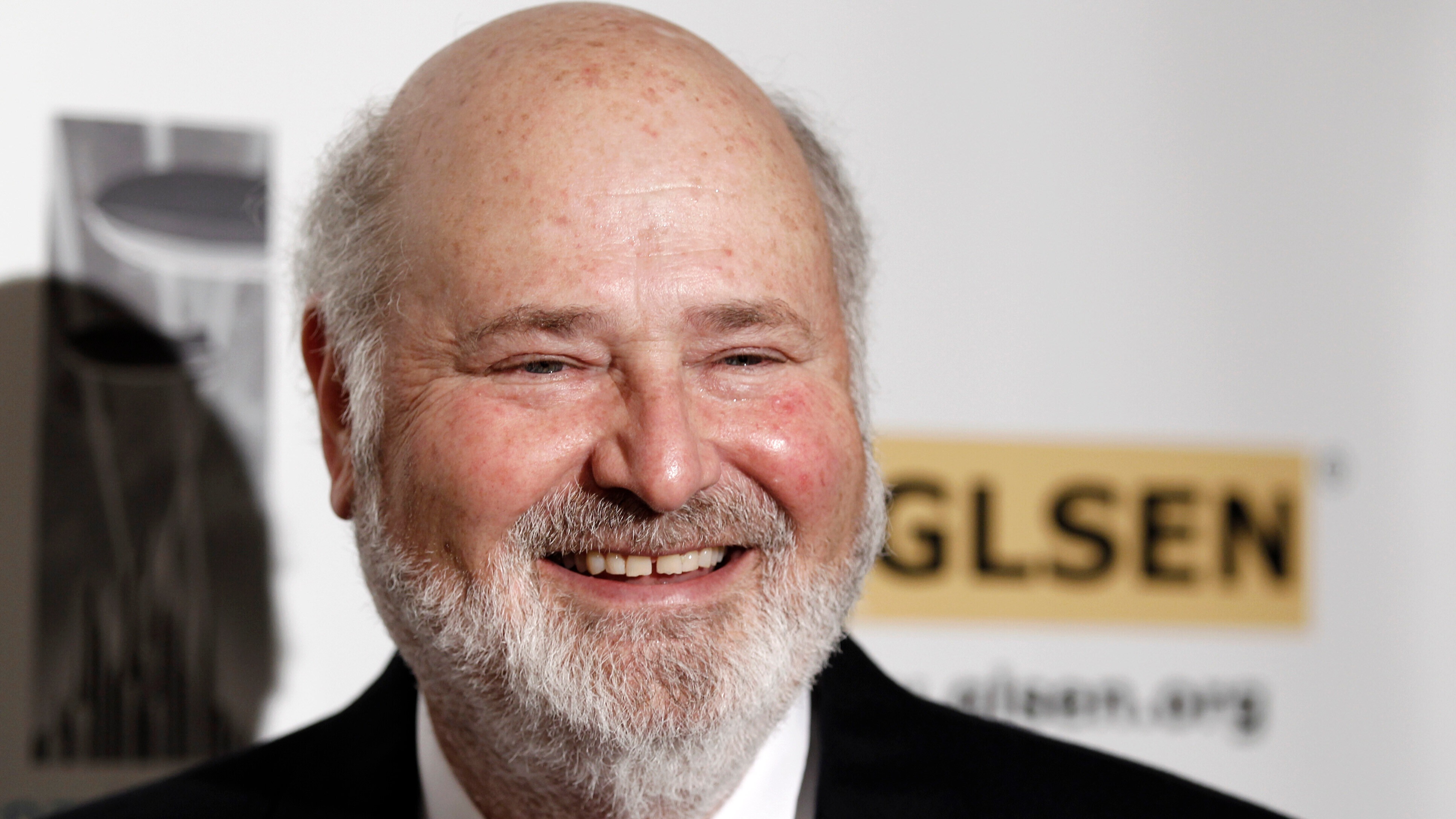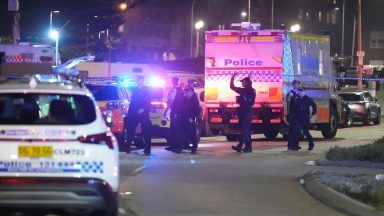New legislation passed by Holyrood is an “important part” in putting victims first after rape and other sexual assaults, Health Secretary Jeane Freeman has said.
She spoke out as MSPs approved a Bill that will allow victims of sexual assaults who are aged 16 or over to refer themselves for vital medical examinations without having to first report the attack to the police.
Ms Freeman said this move, a key part of the Forensic Medical Services (Victims of Sexual Offences) (Scotland) Bill, was “important in giving people control over what happens to them at a time when that control feels like it has been taken away”.
The Health Secretary also pledged there would be £1m of new funding in next year’s Scottish Budget to help implement the legislation.
This, combined with £500,000 announced to improve the NHS response to child sexual abuse, takes the amount of money being invested in improving forensic medical services to £10m over four years, she said.
Speaking during a debate at Holyrood, Ms Freeman stressed: “Should a woman be the victim of a sexual assault she currently has the legal right to ask for a female examiner. That remains the case.”
Ms Freeman conceded that for victims of sexual attacks “too many experiences of forensic examination in the past were poor and retraumatising”.
But she said improvements were being made, pointing to examinations no longer taking place in police facilities.
The new Bill, which was passed by 122 votes to zero, will help “secure continued improvements for the future”, Ms Freeman stressed.
Conservative Donald Cameron stressed the need for more female medical examiners, saying that women currently make up about 60% of forensic doctors in Scotland, compared to 30% in 2017.
But he added that Rape Crisis Scotland had noted there are “still not enough women carrying out forensic examinations for rape survivors to be guaranteed access to a female doctor”.
Mr Cameron said that was a “hugely important point for the Government to acknowledge and seek to change”.
The legislation also requires health boards to provide care that seeks to avoid retraumatising those who have been the victim of a sexual attack.
Ms Freeman said: “Rape and sexual assault are amongst the very worst experiences that any one of us can face in our lives and the impact lasts, there can be no question of that.
“This Bill is one important part of what we have to do to make sure in all we do, we put the victim first, that we recognise and understand the trauma.”
The charity Rape Crisis Scotland welcomed the legislation, saying: “Introducing self-referral in Scotland is a vital step towards ensuring survivors have as much control over their own experience as possible.
“No-one should ever be pressured or coerced into reporting sexual violence and having the ability to capture and safely store potential evidence without having to commit to reporting is necessary and important.”
But it added work to recruit more female examiners must be an “urgent priority”.
In its statement the group said: “We share and echo the concerns voiced by multiple MSPs and individuals about the lack of female doctors. The right to request a female examiner is all very well, but until there are enough female examiners available across Scotland the ability to access one is a matter of location and chance.
“This is not good enough; work to prioritise recruitment of female examiners has to be an urgent priority.”
Follow STV News on WhatsApp
Scan the QR code on your mobile device for all the latest news from around the country







